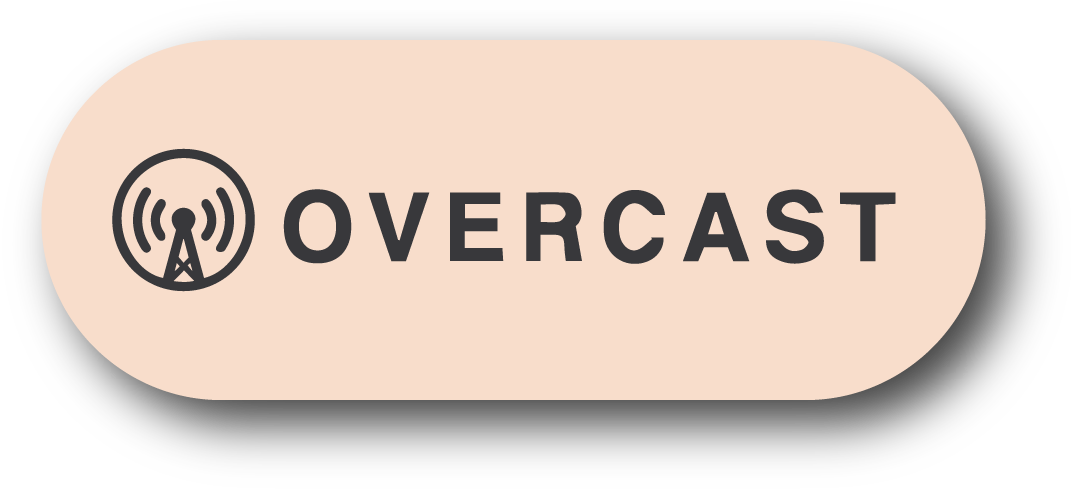#355 - SHOULD ARCHITECTS SELL FLOOR PLANS ONLINE?
SUMMARY
This week David and Marina of FAME Architecture & Design discuss whether or not architects should sell their floor plans online. The two cover the financial benefits of selling plans, making good floor plans accessible to more people, the downsides of selling partial services, quality concerns, the future of the profession, prioritizing speed and efficiency in design, why architects are often not used on projects, and more. Enjoy!
TIMESTAMPS
“The cons of selling floor plans online is that we are betraying everything we believe in just for the sake of money, and not for people. We're basically handing the responsibility over to someone else and we have no idea how it's going to turn out. We're dismissing our responsibility of making sure the built world looks okay. Those plans, probably more often than not, are just floor plans, and even if they have elevations, are the elevations relevant to the place where it's going to be built? Or is the client buying plans to build a Swedish castle in California? Are we contributing to the nonsense of buildings that we see out there by selling plans online? Are we contributing to society thinking that we don't need architects, that we just need some guy to come up with a good floor plan? Are we contributing to thinking about real estate and housing and buildings as consumer products rather than as things that get passed on over time and preserved and have different lives?
The pros of selling floor plans online are that most houses out there are not going to be built with architects on board anyways. They're all going to have a very shitty floor plan that a developer cookie-cutter guy came up with. Then people select tile for their kitchen and they're happy. But 15 years down the line, they're going to sell it, and the person who's going buy it is going to need to remodel it. It's a ton of waste. It's inefficient. Nobody's happy because the floor plan didn't make sense. So why not just give them something that's good to start with and then they can take it from there? Just give them good bones. As architects, maybe that should be also part of our responsibility to help the people who cannot hire us for the full scope in a way that maybe we can help that 5% of the project just be good.”
“My gut response to the idea of selling and buying pre-designed house plans online is, "Why?" I know the answer. It's because it's more affordable and it's more efficient, so it's faster and it's cheaper and a higher level of quality than the common level of quality. Those are all good things. But this whole shift to everyone - all companies in all industries - trying to make everything faster, more efficient, more cost-effective, and more 'productized'... I just think, when are we gonna get to a point as a society where we don't value that stuff, and instead value human creativity and what this other human being has offered me and the relationship that we're going have? Because we're at a place across history where we have food [and the basic necessities to live]. Agriculture was invented ages ago and it's a pretty good setup right now, right? And yet, what we're always aiming for is just faster and more cost-effective for a sacrificed level of product. I just think to myself, "What are we doing? What's the point of that?”'
“The biggest issue that the architecture and interior design professions have is that clients do not actually understand what we do or our value offering. This sounds maybe arrogant coming from an architect, but the sheer volume and variety of information we have to deal with for one project, on any given day, that's coming into our heads, across our screens, and through our calls, that we then have to put into the project or manage, is so complex. And there's an immense value to having someone on the project who's going to do that for you in a way that produces an artistic result. And my fear is that when we shave off pieces of what we produce, which are primarily drawings, let's say floor plan for example, even if it's the best floor plan in the world, it's devoid of the educational information that that client would learn if they worked with a human being versus them working with just a contractor [and not an architect]. That's the biggest issue. It is also one of the most satisfying aspects of being an architect and working with people. When we get to the end of the project, clients are always astounded by the amount of work it took. Before the project, they did not realize there were going to be that many decisions made and that the process would be that complex and involved. It might sound self-righteous, but I think it's very important for more people to understand that because without it, I don't know how we're going to prove our value to people.”
“I think it's silly that in California, and a lot of other states, you can build a very large house without an architect. That is mental. I don't know how or when that came to be the case, but if you're the AIA, your number one fucking priority should be to undo that. Because it is insane. You have all these professionals who go through higher education, who have all this technical and creative knowledge, and for many whom single-family residential projects are their bread and butter... and you're saying that they are not needed. If you look at the maximum size house by square footage that can be built without an architect, and what percentage of all the single-family houses in California fit within that square footage, it's probably 90%. The idea that you don't have to have an architect to produce 90% of the houses is crazy. Knowing the amount of information we (architects) have to deal with and the work that we have to do... The idea that there wouldn't be a person with an architect's skillset on a job is crazy. Without them, who's making all these decisions? The answer is people who have no idea what they're doing. So the issue of poor architecture being built is not just a cultural one, it's not just an educational on, it's a [legislative] one.”














